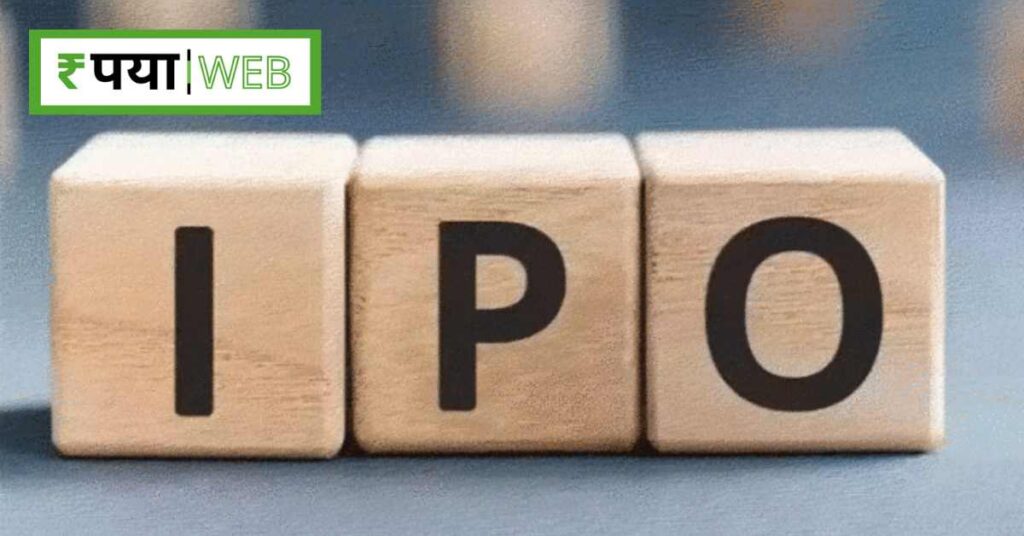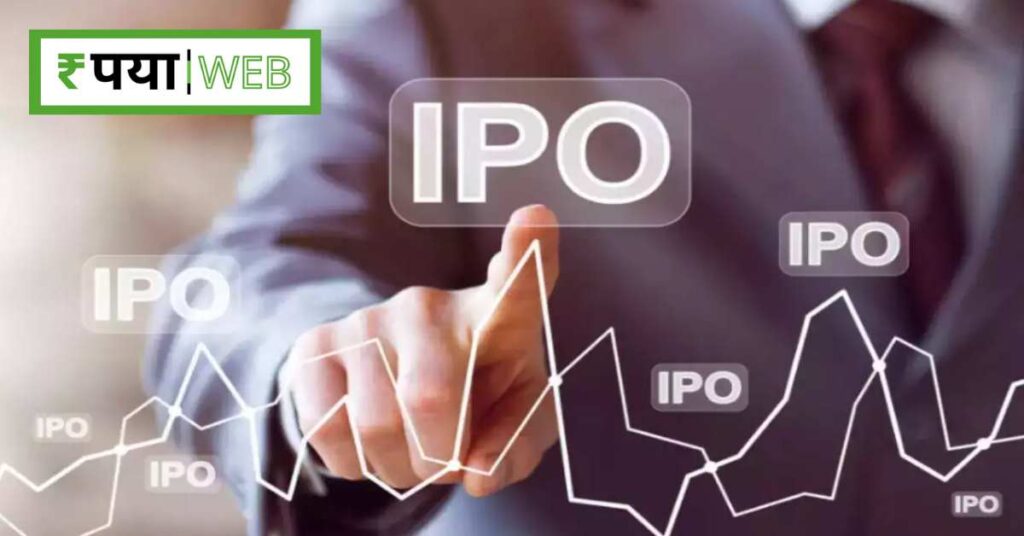Is investing in an initial public offering a good idea?
People get overly thrilled when well-known companies or those with a solid reputation in the market wish to go public. Even people who aren’t interested in a brand are attracted in by the media’s coverage of it. Companies issue shares to transition from private to public ownership for a variety of reasons. One factor is the expansion of activities, as well as research and development. As a result, corporations issue IPOs when they are rapidly expanding and want additional capital. That is, they have been doing well up until now.
Let’s understand what an IPO is.
An IPO is an important milestone because it implies that the firm has reached the stage of growth where it can access the public market for funds to extend its operations. However, many people are misinformed about IPOs. Keeping an eye on the IPO calendar and purchasing stock when a business goes public may appear to be an easy way for a prospective shareholder to get in early. However, positive media coverage of an IPO may or may not indicate that it is a good investment.
“Not all IPOs are proven to be long-term winners. In fact, while many IPOs have flourished, the company path toward financial greatness is littered with failed IPOs” – Terry Sandven, chief equity strategist for U.S. Bank
It’s important to understand the misconceptions, as well as potential opportunities, around investing in IPOs before buying stock.
Myth 1
If the public is excited about an IPO, I should invest.

You should not invest in an IPO simply because the firm is receiving great press. Extreme valuations may signal that the investment’s risk and reward are unfavourable at the current price levels. Investors should keep in mind that an IPO-issuing company lacks a track record of functioning publicly. Furthermore, the market’s competitive landscape may have an impact on the performance of an IPO. These and other factors may have a negative impact on the success of an IPO and complicate an investor’s selection.
Myth 2
IPO investments will yield higher rewards than waiting to invest
Not always. Newly public companies are often categorized as high risk and volatile, as they lack a proven record of operating in the public domain. According to Terry Sandven, chief equity strategist for U.S. Bank, financial results from investing in IPOs are mixed. “Not all IPOs are proven to be long-term winners,” he explains. “In fact, while many IPOs have flourished, the company path toward financial greatness is littered with failed IPOs.”
Also Read – Bajaj Finserv Medical Emergency Loan
Still, predicted growth often attracts the most attention to an IPO. Typically, investors are willing to pay higher valuations for the expected future growth, so IPOs tend to trade at higher multiples. However, these high valuations could become troublesome during periods of economic slowing when investor angst rises and sentiment becomes more risk averse, Sandven warns.
Myth 3
If a company is going public, it must be financially stable
It’s not that simple. An IPO has audited financials, but the future stability and predictability of these financials is uncertain. A company’s fortunes are often contingent on factors beyond its control. For example, many factors — such as the pace of global growth, tariffs, government regulation and stage in the economic cycle — could work against a company.
Myth 4
Only individual investors are awarded IPO shares
This is seldom the case. Institutional investors or fund managers tend to be the primary purchasers in an IPO – not individual investors. Institutional investors and fund managers typically have the means to purchase multiple shares at once.
Ideally, investment bankers — the people who provide underwriting services for companies that decide to go public — want to place IPO shares with investors who have longer time horizons and are willing to hold shares rather than sell them in the open market, adding to share price volatility.
So, when a well-hyped company finally goes public, there may not be enough IPO shares for both institutional and individual investors to purchase. As a result, individual investors may have to wait for the secondary market, where securities are traded after the IPO.
Myth 4
Investing in an IPO gets me in on the ground floor
This is partially true. Before going public, companies have likely gone through a few rounds of private investment. This means IPO investors aren’t the first to have access. Rather, they are among the first public owners of a company.
It’s important to note: There will likely be a difference between the IPO offering price and the price an individual investor will pay for the stock once the shares start trading on an exchange. The offering price, announced ahead of the IPO, is a fixed price reserved for institutional investors, employees and investors who meet certain eligibility requirements.
Understanding IPO realities

After careful consideration, if you’re still interested in a certain IPO, mark your calendar for the date when shares of the newly public company will be available to buy on the market. On this day, depending on share availability, purchases can be made through a brokerage account.
An alternative for individual investors to purchase stock directly through an IPO is to consider investing in small-/mid-cap growth mutual funds, many of which are active purchasers of IPOs. Sandven’s top piece of advice for potential IPO investors: Buyer beware.
Also Read – Medical Loan for Cancer Patients
“Know the company, the drivers of growth, the competitive landscape, valuations of similar companies and company-specific risks,” Sandven says. Not all initial public offerings are created equal. “Ideally, companies with competitive advantages in high growth markets and with high barriers to entry trading at reasonable valuations afford IPO investors with a wonderful opportunity to participate in the early growth phase of the company’s life cycle. Unfortunately, the future for IPO companies is often less clear, impacted by several unknowns including fundamental, macro and geopolitical issues beyond a company’s control.”
This implied volatility may make IPOs better suited for investors with longer term time horizons who can bear a substantial loss of principal.
